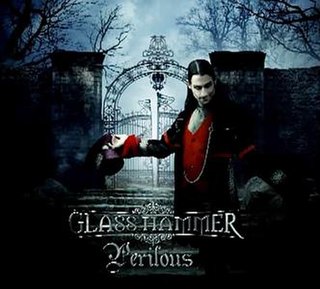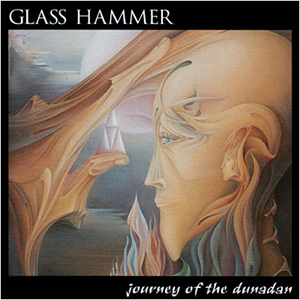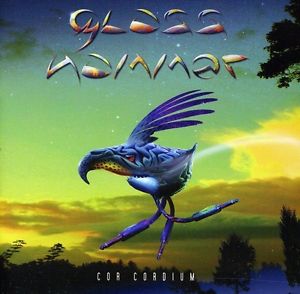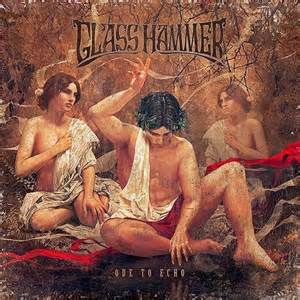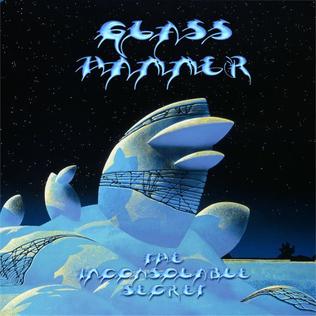| Three Cheers for the Broken-Hearted | ||||
|---|---|---|---|---|
 | ||||
| Studio album by | ||||
| Released | November 3, 2009 | |||
| Recorded | Sound Resources, Chattanooga, Tennessee | |||
| Genre | Pop rock, progressive pop, progressive rock, soft rock | |||
| Length | 51:45 | |||
| Label | Arion Records/Sound Resources | |||
| Producer | Fred Schendel, Steve Babb | |||
| Glass Hammer chronology | ||||
| ||||
Three Cheers for the Broken-Hearted is the tenth studio album by American progressive rock band Glass Hammer, released in November 3, 2009. It is their last album with Susie Bogdanowicz, as the band would replace her with new singer Jon Davison before the release, although she would return starting with 2014's Ode to Echo . It is also their first album as a trio since 2000's Chronometree , and their last to date.
Progressive rock is a broad genre of rock music that developed in the United Kingdom and United States throughout the mid to late 1960s. Initially termed "progressive pop", the style was an outgrowth of psychedelic bands who abandoned standard pop traditions in favour of instrumentation and compositional techniques more frequently associated with jazz, folk, or classical music. Additional elements contributed to its "progressive" label: lyrics were more poetic, technology was harnessed for new sounds, music approached the condition of "art", and the studio, rather than the stage, became the focus of musical activity, which often involved creating music for listening, not dancing.
Glass Hammer is an American progressive rock band from Chattanooga, Tennessee, created and led by Steve Babb and Fred Schendel.

Jon Davison is an American singer, songwriter and multi-instrumentalist musician, who has been the lead vocalist of progressive rock band Yes since 2012. He is also known as the former lead singer of progressive rock band Glass Hammer from 2009 to 2014, and the former bass guitarist of Sky Cries Mary from 1993 to 2016, in which he was credited under his nickname of "Juano" Davison.
Contents
A musical departure for the band, it is a pop rock album with much less progressive elements than all their previous and following works. Three Cheers for the Broken-Hearted was originally conceived as a solo album for Steve Babb, until Fred Schendel convinced him to make it a Glass Hammer release instead. [1] As the result, the album received mixed-to-negative reception from the fans of the band; although Babb and Schendel always defended the album, they later recognized that they should not have released it under the Glass Hammer moniker. [2]
Pop rock is rock music with a greater emphasis on professional songwriting and recording craft, and less emphasis on attitude. Originating in the 1950s as an alternative to rock and roll, early pop rock was influenced by the beat, arrangements, and style of rock and roll. It may be viewed as a distinct genre field, rather than music that overlaps with pop and rock. The detractors of pop rock often deride it as a slick, commercial product, less authentic than rock music.
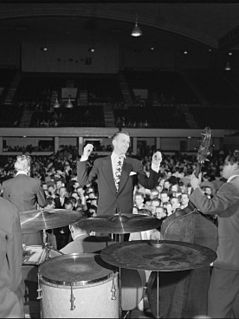
Progressive music is music that attempts to expand existing stylistic boundaries associated with specific genres of music. The word comes from the basic concept of "progress", which refers to development and growth by accumulation, and is often deployed in the context of distinct genres such as progressive country, progressive folk, progressive jazz, and progressive rock. Music that is deemed "progressive" usually synthesizes influences from various cultural domains, such as European art music, Celtic folk, West Indian, or African. It is rooted in the idea of a cultural alternative and may also be associated with auteur-stars and concept albums, considered traditional structures of the music industry.




